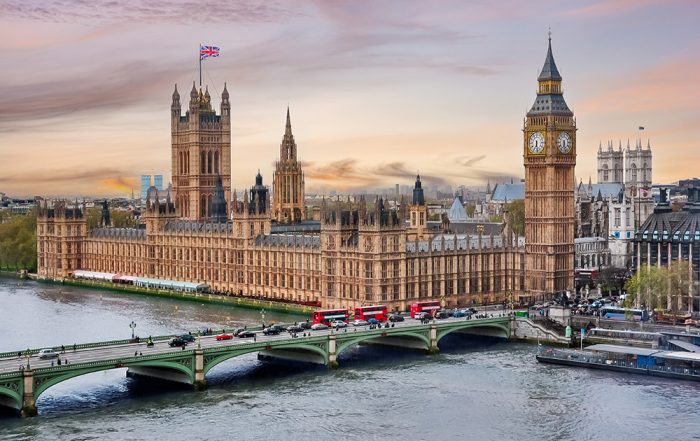Retirement used to be straightforward. At the age of 65, or 60 for women, most individuals retired from work completely, and the law allowed companies to enforce the age at which people ceased employment.
That is no longer the case. Many of us plan to work for longer, some of us in part-time roles, while others hope to retire early thanks to a thought-out and planned route to retirement. And while the age at which individuals retire is no longer set in stone, there are two major dates that everyone needs to be aware of when deciding when to stop work – the age at which they can take their state pension, and the age at which they can start to draw on their private pension savings.
Both of these ages are subject to change, and individuals should keep a careful eye on them when planning for the future.

The state pension age
The state pension, currently a maximum of £179.60 a week, should only be part of the retirement planning solution for individuals wanting a comfortable retirement.
The age at which individuals – both men and women – receive this payment is gradually increasing and will reach 67 by 2028. The Government has not ruled out further increases in this age.
One thinktank, the Centre for Social Justice, suggests changing the state pension age to 70 by 2028 and to 75 by 2035.
The minimum pension age
While the state pension age is worth watching, as this weekly payment can top up retirement income, many people will be hoping to retire earlier than this, or at least take on less work.
That is why it is vital to understand the role of the minimum pension age – which is the time at which savers can start to access the money they have stored away in a pension for retirement.
This can be taken all at once or left invested and drawn down in tranches. A quarter of what is taken from a pension is tax free, while individuals pay income tax on remaining withdrawals.
At present, this is far lower than the state pension age, at 55. However, this date is due to increase as well, rising to 58 in 2028, and there is no guarantee that it will not rise further. This means that everyone must have a plan to ensure that they can still retire at the age they want to, even if they are unable to access their pension savings as early as they would like.
When reviewing your Pension position, consider:
- The use of other tax-efficient savings wrappers such as ISAs.
- Money in an ISA can be used at any time, rather than at retirement age, so having a mix of different types of savings can help to protect your retirement timeline.
- That a pension can be used as a vehicle for passing wealth down the generations.
- That a pension is outside an individual’s estate for inheritance tax purposes, while it can also be inherited in a tax-efficient manner. This, combined with a rising minimum pension age, means that many should see this form of saving as a way of leaving a legacy, using other forms of capital first in retirement.
Cashflow planning prior to retirement
With so many variables, it can be hard to estimate the length of retirement you need to plan for and how much money is needed to retire at the income you desire. Spending time now on cashflow modelling and planning can help individuals to be clear on the current position and retirement projection in relation to their goals and lifestyle requirements; and allow for adjustments in their retirement investment plans, if necessary.
If you would like to discuss any of the points above, one of our Financial Advisers would be happy to discuss options with you on a call, over video or in person.
PLEASE NOTE: Grosvenor Wealth Management Ltd is authorised and regulated by the Financial Conduct Authority. The value of investments can go down as well as up and you may not get back the original amount you invested.
Talk to us
To find out more about our retirement advice contact us using the form.
The cost of early withdrawal from your pension
How retirees are impacting their financial future by accessing pension pots too soon More than [...]
Pension scams on the rise
Protect your savings! 7.3 million UK adults encountered an attempted scam in the past year [...]
Navigating the complexities of inheritance
Should you consider estate planning and gifting for future generations? As we age or accumulate [...]
Mastering financial planning
Essential tips for mothers balancing family and finances Balancing the many responsibilities of motherhood can [...]
Autumn Budget Statement 2024
What it could mean for your finances On 30 October, Chancellor of the Exchequer Rachel [...]
Smart Money September / October 2024
AUTUMN BUDGET STATEMENT 2024 Welcome to the September / October 2024 edition of Smart Money. [...]







